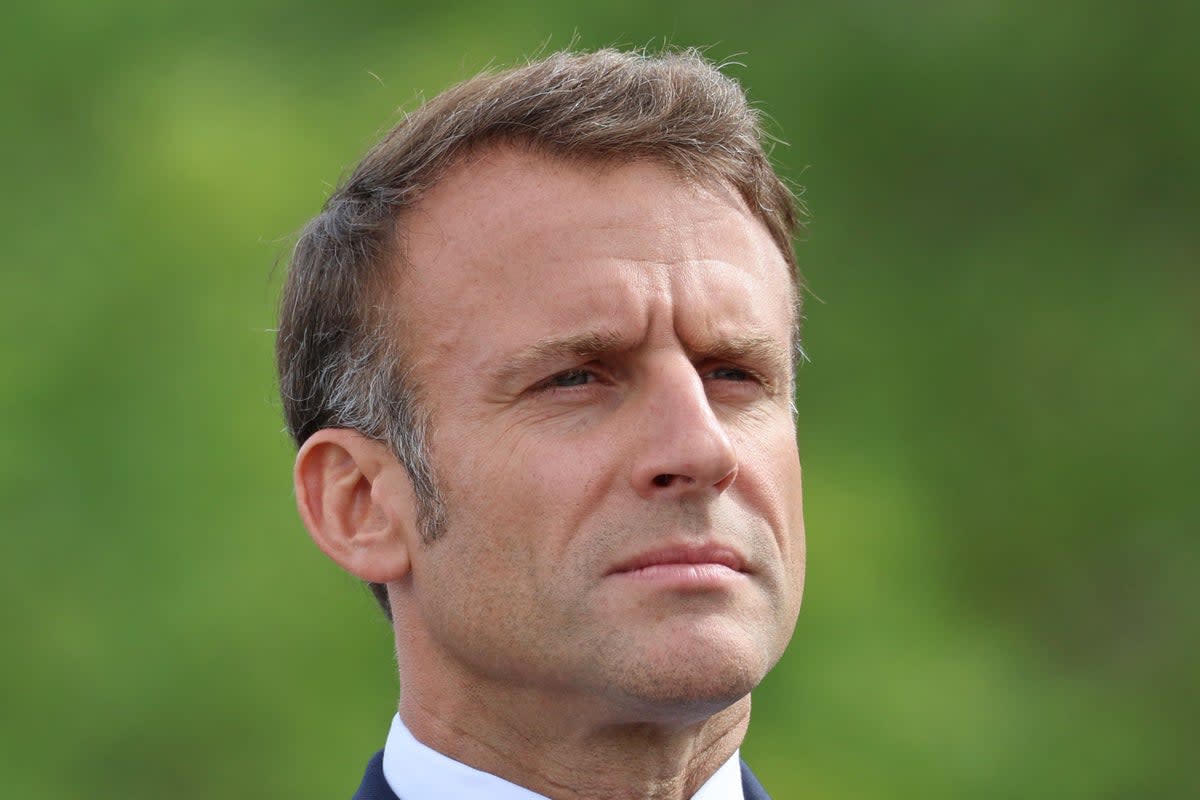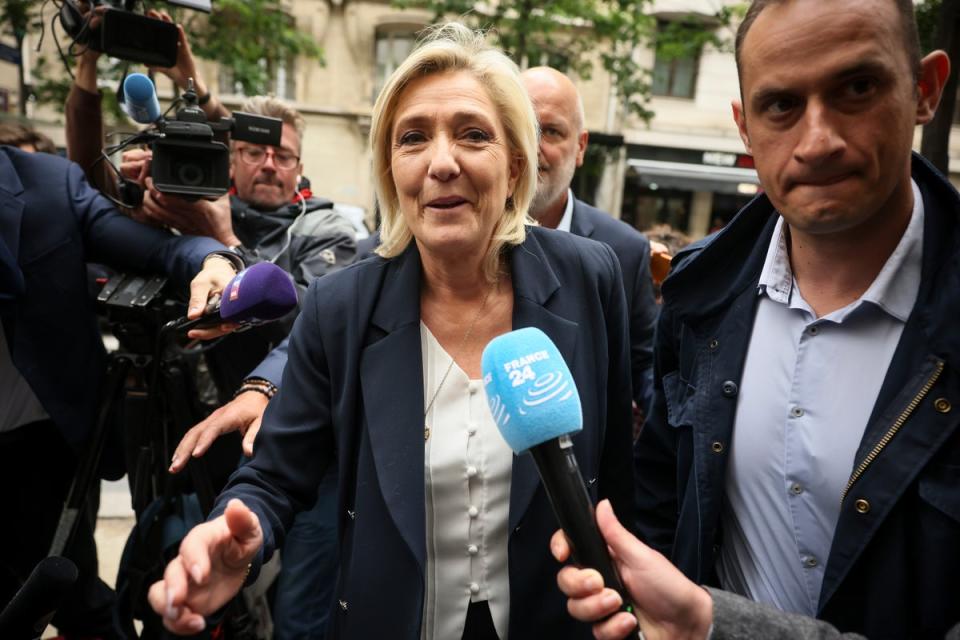France election 2024: why is it happening and who are the candidates?

At the beginning of June, French president Emmanuel Macron called a snap election following dismal results in the European Parliament.
The move surprised many nationwide and prompted uncertainty about France's shifting political landscape as candidates started their campaigning.
In what is already turning out to be a super election year, France may possibly have a new majority party in government as early as July following two rounds of votes across the country.
The snap election is a political gamble for the centrist president, and it could potentially hand leadership over to the far-right led by Jordan Bardella and Marine Le Pen.
Part of Macron’s gamble also failed to factor in the resurgence of the left-wing parties, which have since teamed up as part of the New Popular Front and could take a large proportion of the vote.
While there are valid fears that France could fall further to the right, some voters feel they’ve been left with a difficult choice and very few centrist options.
The results of France’s election will come just days after the UK heads to the polls to elect a new government.
As we head toward the first round of voting, here’s everything you need to know about this crucial election.
Why has Macron called an election?
Macron called an election because his party suffered a substantial defeat in the recent elections for the European Parliament.
His centrist party received 14.6 per cent of the vote, compared to the far-right National Rally’s 31.4 per cent.
Given France's apparent lurch to the right, Macron decided to test out his country’s allegiances in an upcoming election even though there was no need for one this year.
"I've decided to give you back the choice of our parliamentary future through the vote. I am therefore dissolving the National Assembly," he said.
Some experts have suggested that Macron may have wanted to call the country’s bluff, assuming voters would be deterred by the prospect of a far-right leadership.
The emergence of a major contender on the left may have all but scuppered Macron’s plans to coax voters back to his centrist Renaissance party.
Although the far-right and leftist groups appear to be leading in the polls, it is still unclear what this will mean for France. If no party gains an absolute majority of 289, we would be looking at yet another minority government.
Macron has also vowed to remain president regardless of whichever party comes to power,
Who are the candidates?

Several parties are looking to make gains in the upcoming elections, but the three biggest are:
National Rally: Led by Marine Le Pen and Jordan Bardella, the far-right party is expected to make significant gains in the upcoming election. Le Pen, who has run for president three times in the past, has expressed an anti-immigration, anti-Nato, and pro-Putin stance. Like other populist groups, the party had opposed the EU and recently threatened that dual French citizens would be barred from certain jobs under their government.
New Popular Front: This is a left-wing alliance that’s made up of various parties which was created to "build an alternative to Emmanuel Macron and fight the racist project of the extreme right”. It is made up of four left-leaning and green parties: Unbowed France (LFI), the Socialist Party (PS), the French Communist Party (PCF), and the Green Party (LE-EELV). Together, they would increase public spending, demand an immediate ceasefire in Gaza, increase the minimum wage, and reduce the retirement age. It’s unclear at this point who its prime minister would be.
Renaissance: Macron’s party is more centrist and polls third place. They’re currently the biggest party in parliament and share a pro-European, pro-business approach. Even though Macron is deeply unpopular following a string of recent reforms, the president has vowed to remain in power until 2027, even if another party wins big at this week’s elections.
When are the votes?
France’s two rounds of votes will take place on June 30 and July 7.
During the election, 577 electoral district seats will be up for grabs.
What happens if no one gets an absolute majority?
As it stands, it's quite possible that no party will reach an absolute majority.
Most analysts believe the National Rally will make massive gains but may not reach the majority mark, while the Renaissance party is set for big losses.
If this happens, the French parties have a few options. Firstly, the largest party could make alliances within the government to make sure its legislative goals are passed.
If a ruling alliance isn’t agreed to, then France ventures into unchartered territory that could lead to potential chaos in government.
This would mean that Macron will be forced to oversee a very fractured government, in which many legislative agreements could end in deadlock.


